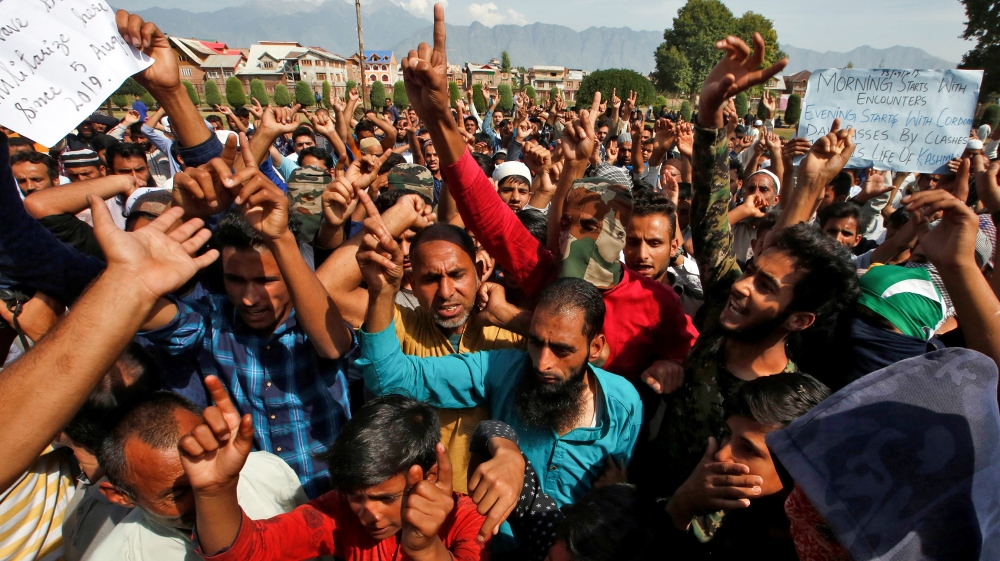
Moon Desk: On August 5, 2019, the Indian government revoked Articles 370 and 35A of its Constitution. This decision ended the special status of Jammu and Kashmir. The move was taken without any consultation with the local people or their representatives. India claimed it was necessary for development and peace in the region. However, the ground reality is very different. Kashmiris have faced political disempowerment since the revocation. Their identity and rights have been systematically eroded.
At the time of revoking Article 370, thousands, including minors, were detained under harsh laws like the Public Safety Act. Political leaders, including former chief ministers, were placed under arrest. A complete communication blackout silenced Kashmiris for months. This was not integration but a militarized seizure of power. The move stripped Kashmiris of political agency and deepened their marginalization under the shadow of repression and fear. Since August 5, Kashmir has witnessed relentless human rights violations. Reports of torture and illegal detentions continue, despite restricted media access. Killings, cordon and search operations, raids, arrests, and constant surveillance dominate daily life. Dissent is crushed, with journalists and activists facing harassment or jail.
In tandem with demographic anxiety is the question of land grab. The Indian government, under the pretext of development and security, has taken over vast tracts of land for building military installations, industrial zones, and smart cities. Forest lands have been cleared, and the traditional rights of the Gujjar and Bakarwal communities over pastures have been revoked. Locals are witnessing their landscapes and livelihoods being altered or destroyed without compensation or consultation. What is being promoted as modernization is forced transformation and dispossession, another form of erasure of Kashmiri agency.
This repressive environment has also had profound psychological effects. The uncertainty and trauma of continuous lockdowns, arrests, and disappearances have led to a rise in mental health issues among youth. Generations of Kashmiris have now grown up in conflict, and instead of seeing a brighter, freer future, they are confronted with a narrative of forced assimilation and invisibilization.
The events of August 5, 2019, reshaped Kashmir’s history through force, not dialogue. Stripping autonomy and imposing new structures has deepened political alienation. Promises of development have failed to address the denial of rights. Kashmiris now face repression, economic hardship, and identity suppression. This date marks not progress, but betrayal and suffering. It symbolizes the erosion of dignity and democratic rights. The struggle for justice remains alive despite fear and restrictions. Real peace demands respect for rights and political will for justice. The world must hear Kashmiris, not official narratives, and push for accountability and meaningful political resolution.





